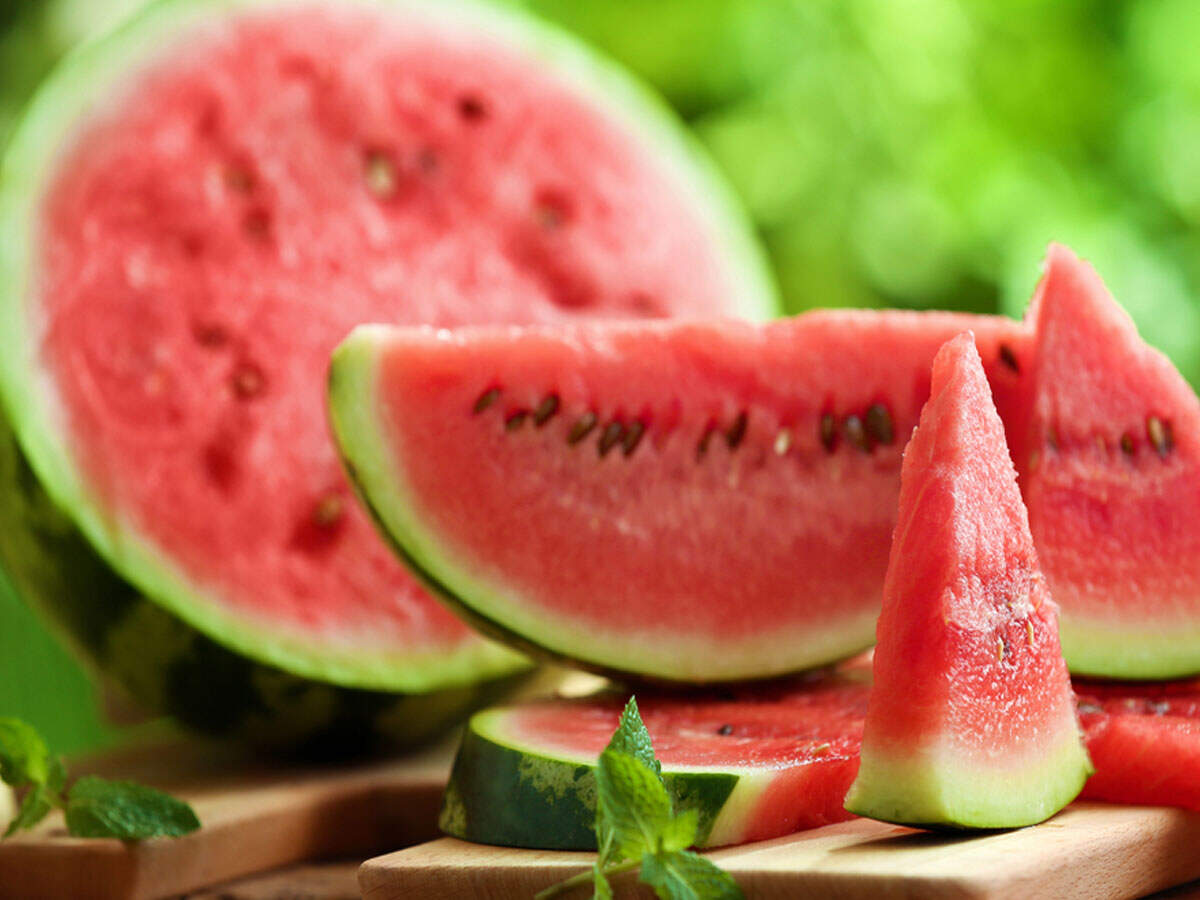In my opinion, I think genetically modifying foods can be extremely beneficial. For some reason, many people believe just because something is genetically modified it is harmful. Modifying genes to be more resistant to pesticides means using less pesticides on the foods we eat, which is more beneficial to us. Many foods have been genetically modified, but that does not take away the nutrients they have. I think it would be very useful to modify the watermelon in this way.

https://www.sciencedaily.com/releases/2019/11/191101124616.htm
Related Article:
https://phys.org/news/2019-11-harvesting-genes-watermelons.html
Great article, Christine! I like your statement about genetically modifying! This is a controversial statement that people always have opinions on! And I do agree with what you are saying! If it offers better quality and taste, resistance to disease, and provide more benefits, then genetically modified foods are a must!
ReplyDeleteHi Christine. I completely agree with you on this. The genetic modifications on these watermelons are incredibly helpful. I think a lot of the reason that GMOs are controversial is just misinformation. People seem to think that the modification somehow makes the food "unnatural", which is a meaningless label because there is on definition for it.
ReplyDeleteOne argument against GMOs which I find sound is actually something that you mentioned. Modifying genes to be pest resistant allows for less pesticides to be used. Modifying genes to be pesticide resistant actually allows for more pesticide use. Roundup ready crops are controversial because they allow haphazard use of pesticides. The increase in usage ends up disrupting the ecosystem around the farm when it rains and the pesticides seep into the soil and end up in rivers.
I just wanted to bring up a reason why people see GMOs as harmful. I personally do not believe so, but I think it's important to respect both sides of an argument.